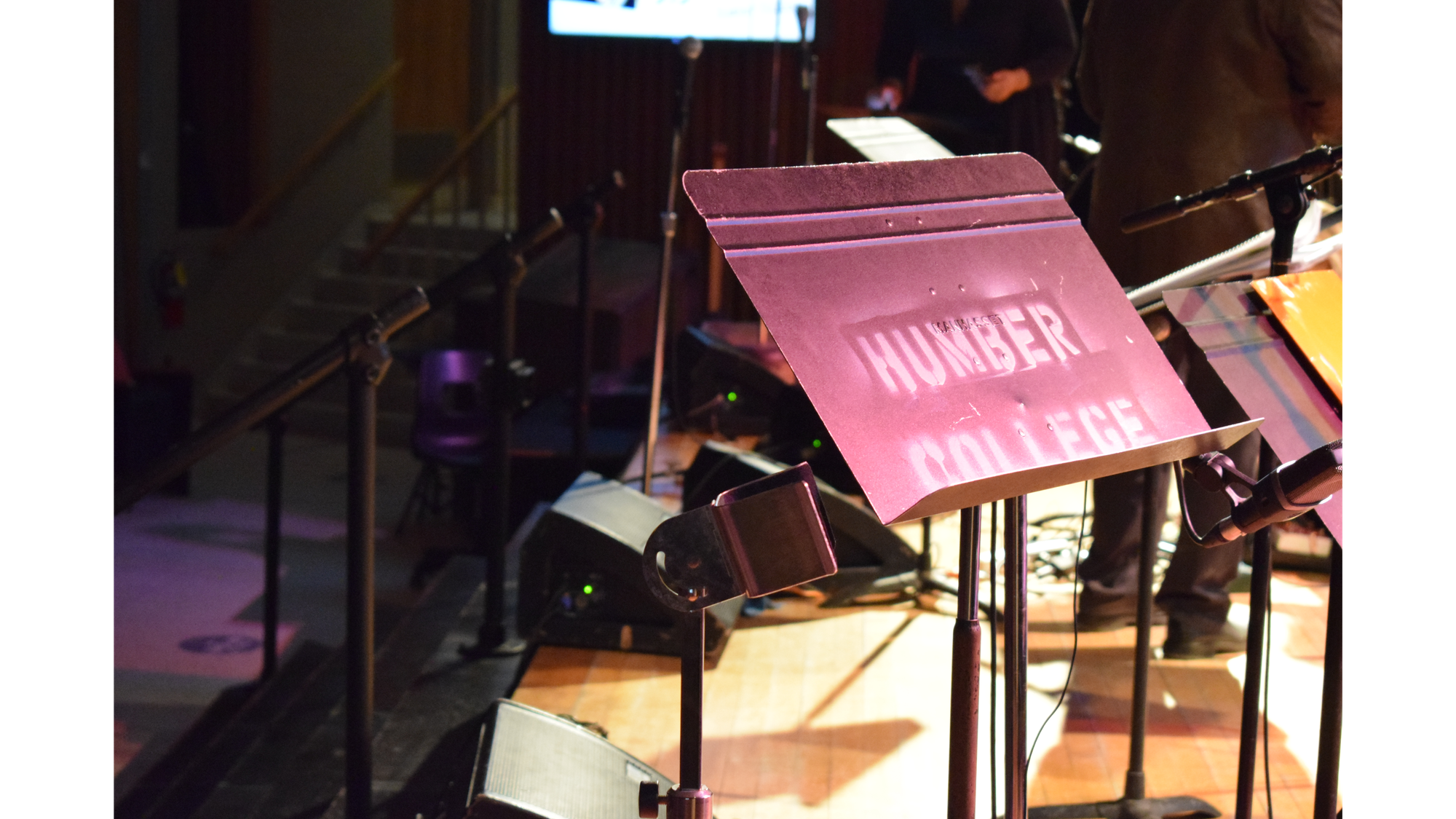While the Canadian music scene continues to expand, women playing brass instruments still face sexist barriers to success.
This is largely due to how different instruments are connected to outdated feminine and masculine ideologies.
A study from the University of Windsor found that instruments associated with femininity, such as the flute or harp, were associated with a lack of leadership in the orchestra.
“Moreover, musicians of feminine instruments were perceived as more caring, warm, sensitive, and better adjusted; but less dominant and prone to leadership than musicians of masculine instruments,” the study said.
Dewi Minden, the Humber College music operations manager and a professional trumpeter, said it remains challenging for women to break into the male-dominated world of brass.
“It is pretty unheard of for women to be successful in the classical music scene, but it is really unheard of to see female trumpeters in those places,” Minden said.
Humber Lakeshore’s music programs recently hosted a concert with Canadian trumpeter Ingrid Jensen at the end of a week-long residency for students in jazz ensembles.
“These are hardworking students, and it has been a lot of fun working with them,” Jensen said.
Jensen is one of the few successful female musicians playing an instrument like the trumpet at a professional level.
The Forward Motion Ensemble, who performed with Jensen at the helm, was still a male-dominated orchestra, with one of the few female musicians singing centre stage beside Jensen.
There is representation for women in music, particularly in jazz, but certain sections of orchestras and big bands still tend towards men.
This was even more common in the concert’s second half, which featured performances from Humber’s Big Band, with mainly male musicians dominating the stage.
The more I attend concerts at Humber’s Lakeshore campus, the more recognizable this trend has become in our schools.
Male musicians commonly take on leading roles in the band or orchestra, such as percussion or lead melodic roles, like lead guitar.
Female musicians are seen less on the stage and when they are, they are more commonly seen in roles with instruments that the University of Windsor study associates with feminine identity and lack leadership qualities.
So yes, women can be in the band and women take up important parts of the orchestra, but there is still an emphasis on where women should be within those spaces.
Artists like Jensen and Minden are proof the restrictive industry has begun to accommodate female brass musicians, but there are still far too few women represented on the big stage.
I hope future generations of Humber musicians can finally erase the outdated associations attached to various instruments, regardless of what female musicians choose to play.

